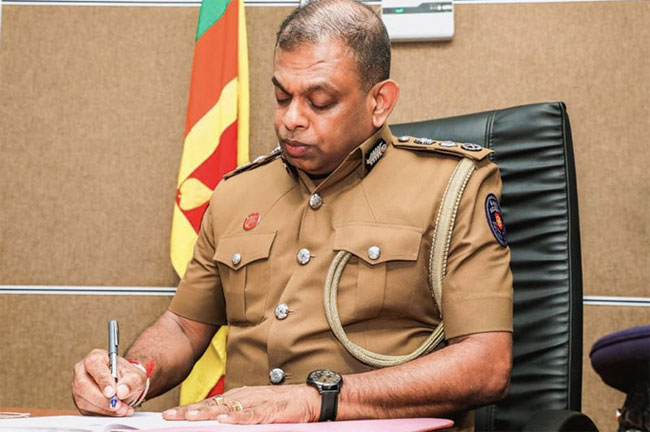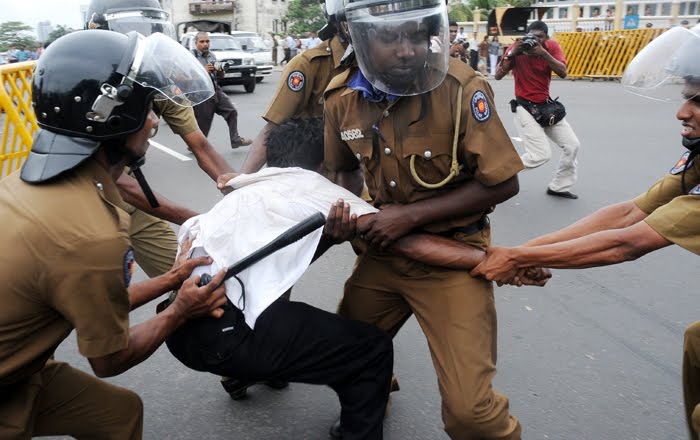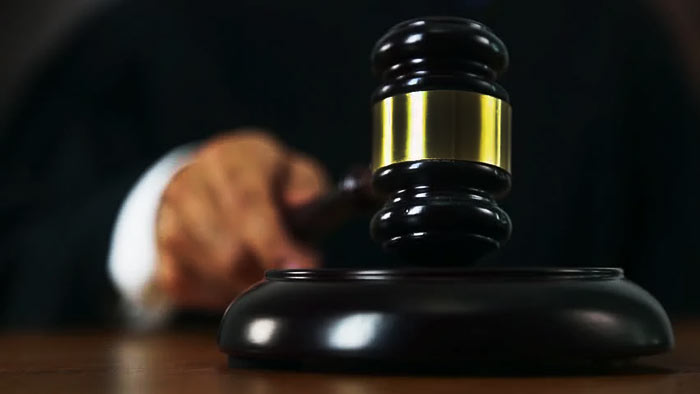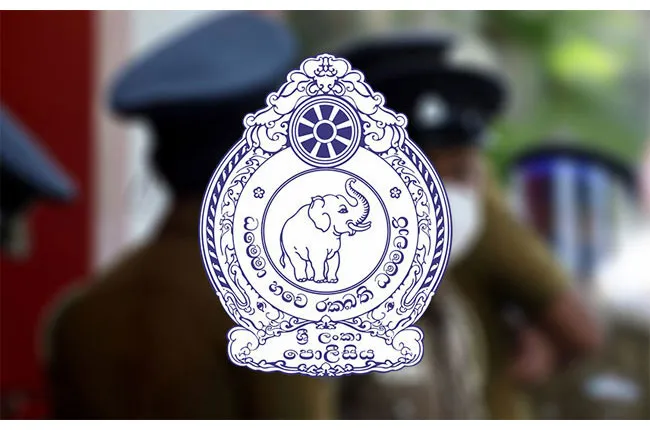In a scathing media statement released today, the Sri Lankan Collective Against Torture voiced its vehement condemnation of the recent appointment of Mr. Deshbandu Tennakoon as the Inspector General of Police. The collective, comprised of concerned citizens and organizations, expressed strong objections to President’s decision, citing serious concerns about democratic principles and the rule of law in Sri Lanka.
Mr. Tennakoon’s appointment has stirred controversy due to his past involvement in a case where the Supreme Court of Sri Lanka found him to have violated a fundamental right – the protection against torture, as enshrined in the Constitution. The collective argues that elevating an individual with such a tainted record to a position of public trust is a direct affront to democratic values and the rule of law.
Several troubling aspects of the appointment process have been highlighted by the Sri Lankan Collective Against Torture:
- Public Objections Ignored: Despite objections raised by public representatives, civil society organizations, and professionals after Mr. Tennakoon assumed the role of Acting Inspector General of Police, their concerns were allegedly ignored.
- Supreme Court Judgment Disregarded: The Supreme Court’s previous judgment, which found Mr. Tennakoon guilty of violating fundamental rights, was allegedly disregarded in the decision-making process.
- Lack of Transparency in Constitutional Council’s Decision: The collective expressed concerns about the non-transparent decision-making process of the Constitutional Council, raising questions about the integrity of both the process and the Council itself.
The Supreme Court’s ruling not only called for compensation to be paid by Mr. Tennakoon and other implicated officials from their personal funds but also underscored the need for disciplinary action against these public officials.
The Sri Lankan Collective Against Torture firmly believes that an individual found by the Supreme Court to have violated fundamental rights lacks the credibility and eligibility required to hold the position of Inspector General of Police. They argue that this appointment undermines the Constitution and the sovereignty of the people.
Moreover, procedural concerns surrounding the appointment process, including doubts about the need for five members of the Constitutional Council to approve the appointment and the legality of using the speaker’s deciding vote when the decision was not split equally, have been raised. Questions regarding the representation provided by civil society representatives within the Constitutional Council have also been highlighted.
Expressing deep concern, the collective fears that the controversial appointment could further erode public confidence in the rule of law and democratic institutions. They call upon all political parties, members of parliament, and stakeholders to take immediate action to rectify the perceived flaws in the process to uphold the principles of democracy and justice in Sri Lanka.




